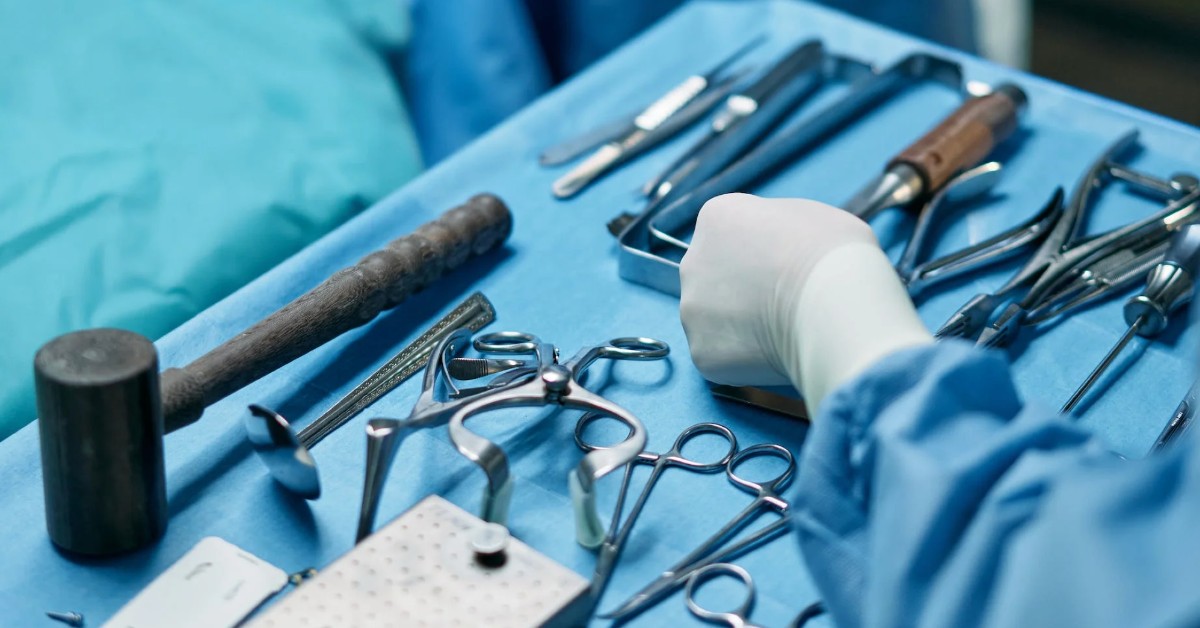Organ trafficking ring busted after boy found in lab with kidney removed

n Pakistan, a group of criminals were arrested for luring young, vulnerable victims with promises of lucrative jobs and large payouts before removing their organs, mainly kidneys, to sell for up to 900,000 rupees ($4,000). The ring was responsible for the disappearance of a boy who was later found alive, but had been forcibly taken for his organs. “It was only after we followed the evidence and leads that we discovered that there was an organ trafficking operation behind the boy’s disappearance,” said Rehan Anjum, a spokesman for Punjab police. The victims were taken to a medical testing lab used for clandestine organ transplant surgeries in the garrison city of Rawalpindi, near the capital Islamabad. However, facilities for such surgeries in Pakistan often lack proper medical equipment and standards, and patients have been known to die from complications as a result.
The boy’s father said, “I’m just grateful that the police found him alive, otherwise they had left him for dead.” Police said that the doctors and surgeons involved in the operation had not been tracked down. Pakistan outlawed the commercial trade in human organs in 2010, imposing a jail term of up to 10 years and fines in the hope of curbing the sale of organs to rich overseas clients by middlemen through exploitative means. According to a 2020 analysis, roughly 10% of all organ transplants worldwide are believed to be illegal, about 12,000 organs per year. The illegal trade of human organs generates about $1.5 billion each year from roughly 12,000 illegal transplants, according to a 2017 report. This highlights the need for more strict regulations and enforcement to curb organ trafficking. More than 100,000 people in the United States are waiting for an organ transplant, but only slightly more than half of them are expected to receive an organ within five years.

